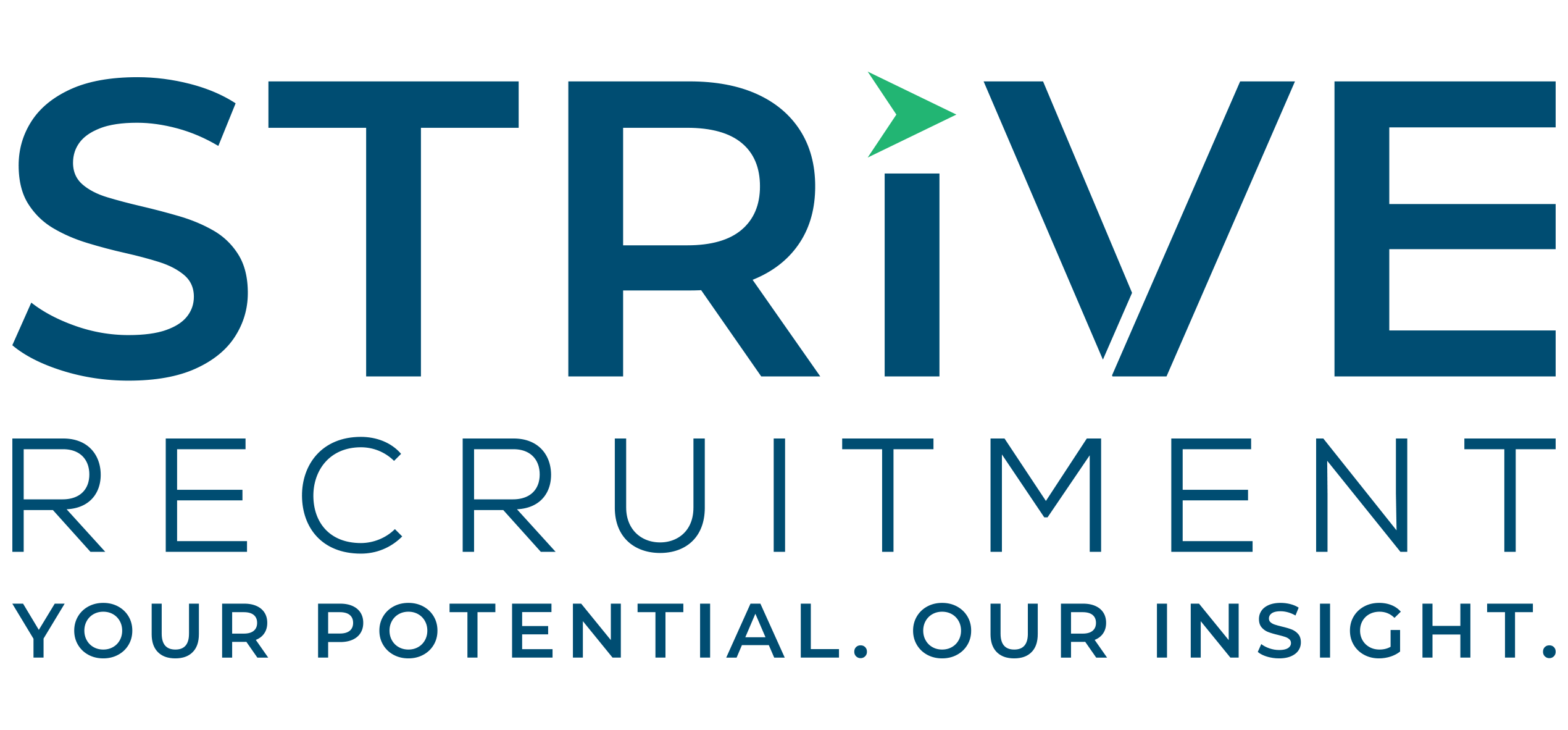4 Things You Need to Talk About With Candidates During the Interview
/in Employer ResourcesThere is a lot of competition for top talent. After years of employers having control over the job market, candidates know they are in control. In order to hire your next great employee, you’re going to have to adapt your candidate outreach experience.
One area that often gets overlooked during the hiring process is the communication between hiring managers and candidates during the interview. What kinds of things should you be communicating in an interview in order to interest the best candidates?
Hiring managers are used to questioning candidates about their employment history, skills, and background. But today’s top prospects want to be a part of a deeper conversation, one that centres on the company, the work environment, and more.
Here are some engaging topics that you might want to include in your next interview.
1. A Realistic Employer Brand
Today’s candidates are concerned with employer brands. Here are some incredible stats on the business brand for hiring managers, HR professionals and recruiters. It’s very enlightening. The Ultimate List of Employer Brand Statistics.
If your hiring managers aren’t aware of the employer brand or can’t articulate it clearly, this could cost you some very good talent. It’s critical to communicate your organization’s employer brand in an interview – otherwise, you could find that new hire exits a lot sooner than the company had hoped. Train hiring managers to paint a picture in the interview of the company’s mission and vision, including how the prospective employee’s team relates to both.
2. Insight Into the Working Conditions
Many job postings refer to the company culture very vaguely, promising little more than “a great work environment.” These job posts often fall short of providing an explanation of what that work culture might actually be like. As a result, many candidates come to an interview with one idea about the culture, only to be confronted with a completely different picture once they begin a new job. Paint a human picture with real-life examples. Ambiguity will be the death of any interview.
If the company is fast-paced, it behooves a hiring manager to mention this in the interview instead of describing a laid-back environment. An accurate portrayal of the company culture ahead of time can set a new hire up for success and ensure that the people joining the organization are truly the right people.
3. Advancement Opportunities
Today’s candidates are concerned with opportunities in the workplace for career advancement, more pay, professional development, and so on.
Millennials are the fastest-growing segment of the talent market and are extremely concerned with opportunities for advancement and learning. Sixty-three percent of younger prospects feel their leadership skills are simply not being developed, which drives them to search for new employment opportunities.
In the interview, it is a hiring manager’s job to attract top candidates by setting expectations regarding potential advancement opportunities that may exist.
4. How the Employee Will Benefit From Working for the Organization
Too many hiring managers still approach the interview as a way to evaluate the candidate, rather than as an opportunity to sell the position.
Many of the best candidates know they’re in demand. They want to know what’s in it for them if they join your organization but they shouldn’t lead with that. In the interview, be prepared to discuss the things that set your organization apart, like advancement opportunities, team events, company culture, perks and benefits, and more. This information can help sell the candidate on working for your team instead of a competitor’s.
–
As the war for top talent heats up, it will become increasingly important that hiring managers learn how to position themselves in the marketplace to attract and hire the best candidates. This must involve detailed communications during the interview process.
Remember: It’s not just about what the candidate can do for you – it’s also about what you can do for the candidate.


